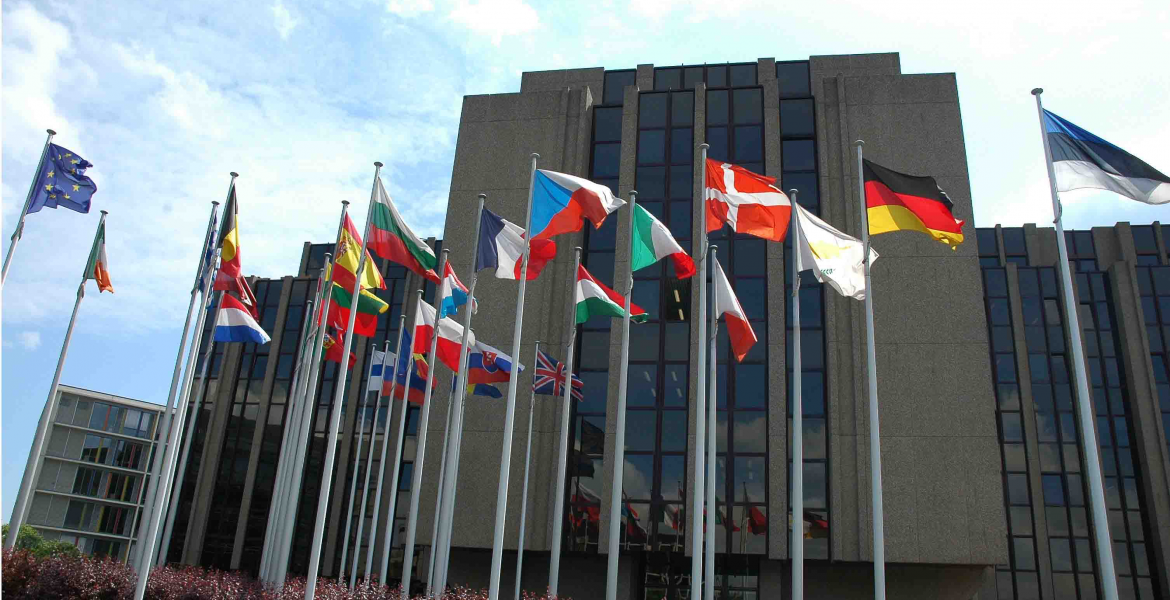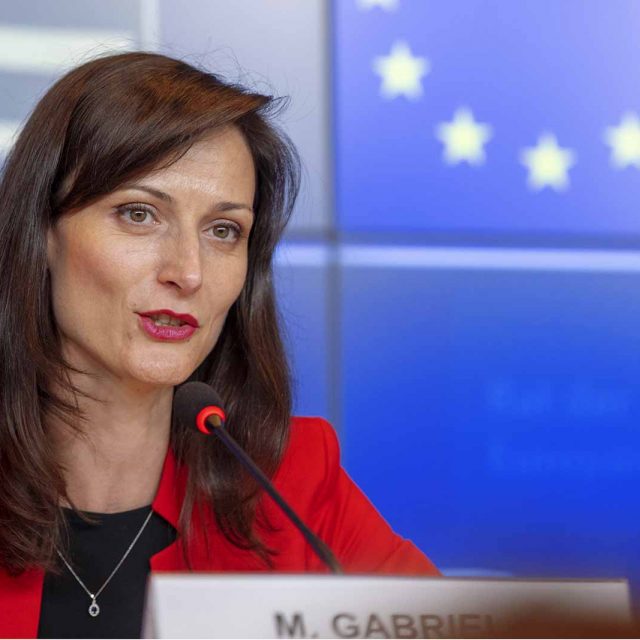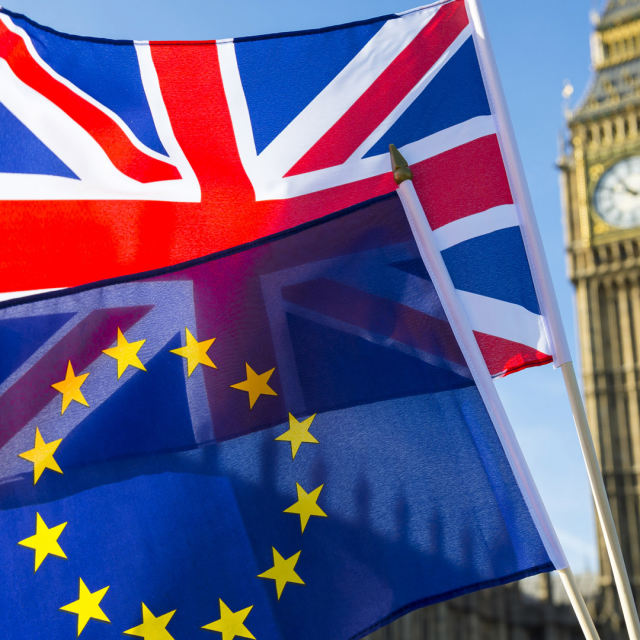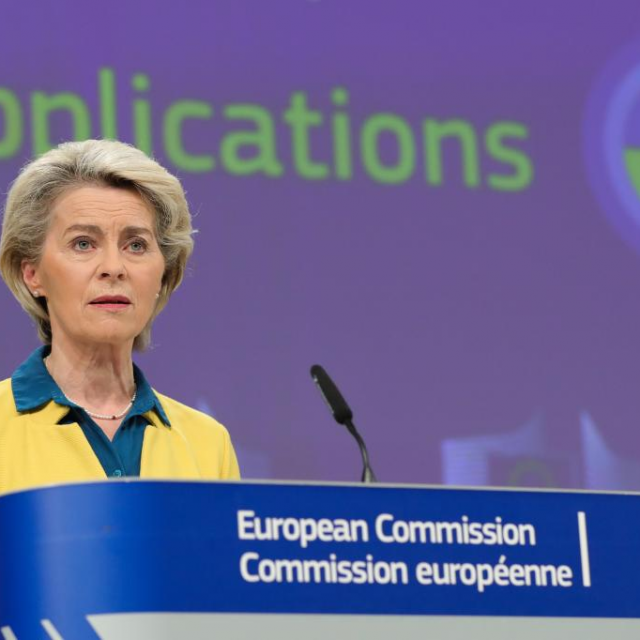The European Court of Auditors (ECA) says it is focusing increasingly on assessing the performance and added value of EU spending and regulatory action, according to its new activity report.
In 2019, the EU’s external auditors published 67 reports, reviews and opinions addressing many of the challenges the Union is facing, such as cross-border healthcare, renewable energy, cybersecurity, migration and fiscal governance. With Member States now facing an unprecedented challenge to public health and the economy due to the COVID-19 pandemic, all European institutions must build on past efforts to further improve the EU’s financial management and ensure the Union delivers, said ECA President Klaus-Heiner Lehne.
The activity report gives a full account of the ECA’s audits and publications, checks in Member States and non-EU countries, and engagement with its main stakeholders in 2019. The auditors also provide key information on their staff, governance and finances, applying the same standards of transparency and accountability to themselves as they do to those they audit.

“Due to the COVID-19 pandemic, the European Union and its Member States are facing unprecedented challenges. We are in the home straight of negotiations on the next long-term budget that will set out the EU’s funding firepower for next seven years,” said President Lehne. “It is more crucial than ever that the Union delivers, and in helping citizens to overcome this crisis demonstrates the added value of European cooperation and solidarity.”
In 2019, the ECA published 36 thematic performance reports and reviews of EU action, annual compliance reports on EU budget and agencies, opinions on revised financial rules and remarks on the EU’s next long-term budget (2021-2027 MFF). In addition to providing assurance on the reliability of EU accounts and regularity of spending, the auditors contributed to crafting better laws and helped ensure that Union policies and programmes add value by achieving more than could be achieved with action at national level alone. Their recommendations identified ways to save money and avoid waste, work better, or achieve expected policy objectives more effectively. While some recommendations may take effect more quickly than others, the activity report reveals a high level of implementation and hence long-term benefit for citizens: around 95 % of the recommendations made in 2015 reports had been put into practice by 2019.
The ECA’s impact also depends heavily on how political decision-makers use the results of its work. The auditors’ reports, reviews and opinions are an essential element of the EU’s accountability chain as they help the European Parliament and the Council to scrutinise the achievement of EU objectives and hold to account the Commission and other bodies responsible for managing the EU budget of some €160 billion a year. In 2019, the auditors again presented a high number of reports to the European Parliament and Council. Moreover, they discussed their main messages with parliaments in a record 21 Member States. Almost 90 % of those who received reports considered them useful and over 80 % felt they had impact.
Throughout the year, the auditors spent 3 605 person-days travelling across the EU and beyond to obtain audit evidence. They conducted most on-the-spot checks in larger Member States such as Italy (430 days), Poland (345) and Germany (316), and fewest in Malta (5), Cyprus (7) and Luxembourg (8). Although their audits are not specifically designed to detect fraud, they reported 10 suspected cases (2018: 9) to the EU’s antifraud office (OLAF); between 2010 and 2018, OLAF recommended the recovery of a total of €313 million based on ECA audits.
The ECA is the EU’s independent external audit institution based in Luxembourg; it has been operating since 1977. It employs around 900 people, including one Member from each EU country, as well as national experts. Two thirds of its workforce are auditors of all EU nationalities, and around half of the staff are female. The ECA’s 2019 budget was below €147 million, which is less than 0.1 % of total EU spending and around 1.5 % of its administrative spending. Its accounts have been cleared by an independent external auditor and the EU’s budgetary authority.




